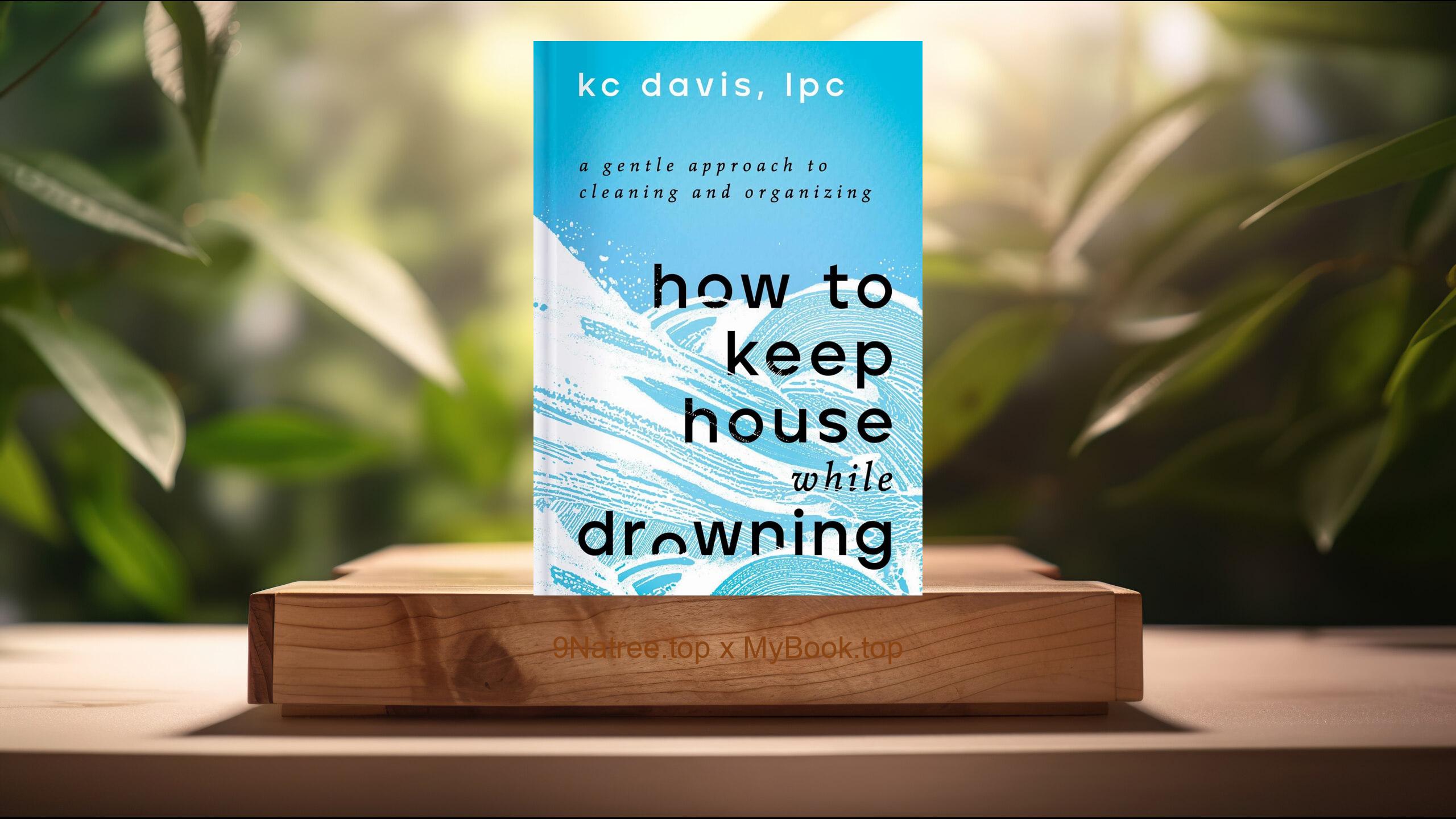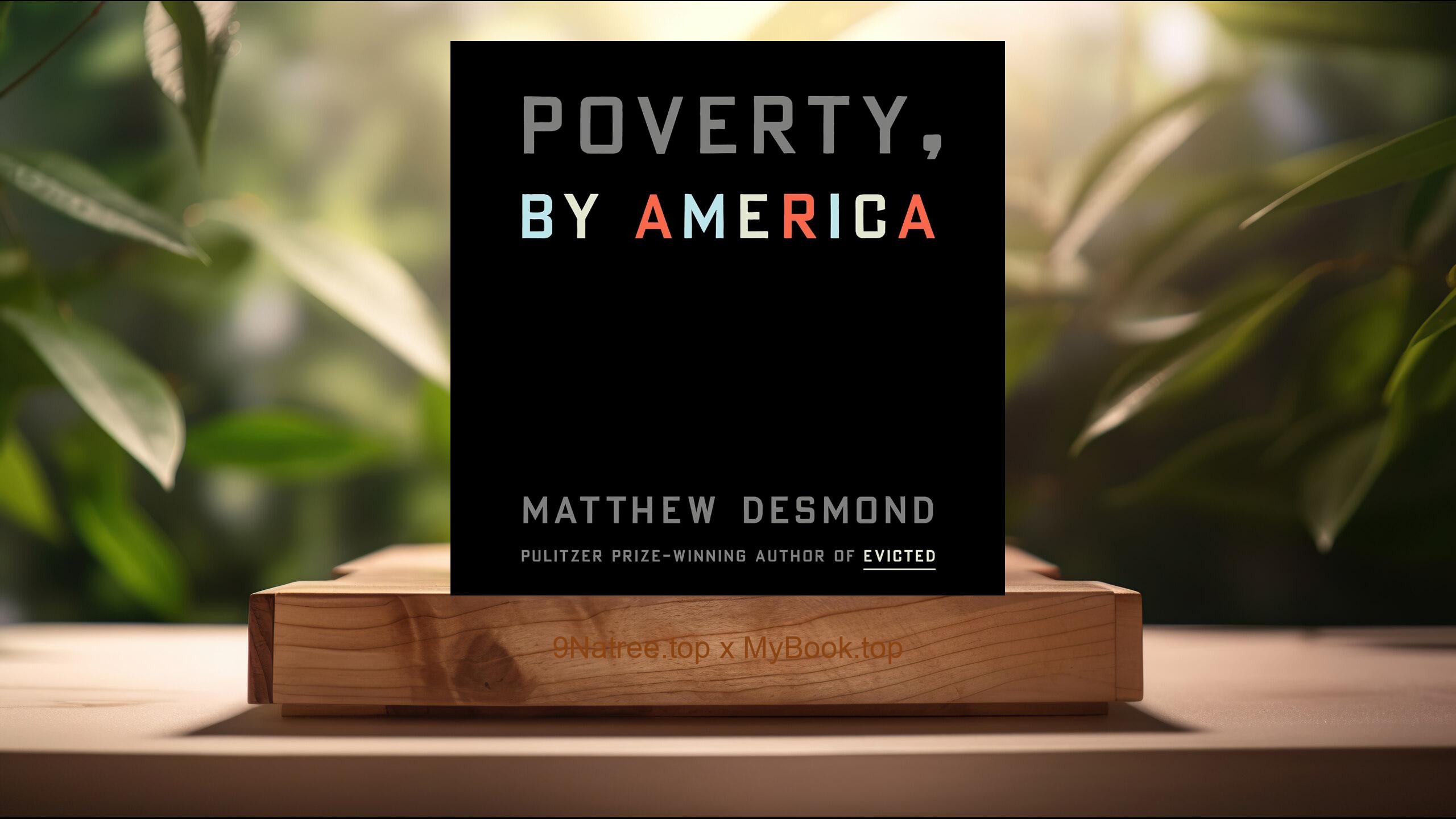Show Notes
Buy on Amazon: https://www.amazon.com/dp/B01HMXRZ6O?tag=9natree-20
Read more: https://mybook.top/read/B01HMXRZ6O/
#Resilience #HolocaustSurvivor #PowerofChoice #PsychologicalHealing #Forgiveness #TraumaTherapy #HumanSpirit #TheChoice
These are takeaways from this book.
Firstly, Surviving Auschwitz, Edith Eger’s account of surviving Auschwitz is a heart-wrenching recollection of the terror and dehumanization of one of history's darkest periods. Despite the unimaginable horrors she faced, including the loss of her parents and the daily struggle for survival, Eger's story is not just one of suffering but also of resilience. She describes how finding moments of beauty, such as a piece of bread shared among friends, helped her keep a flame of hope alive. Her experiences in the concentration camp laid the foundation for her understanding of the human psyche, especially the concept of choice in the face of adversity.
Secondly, The Power of Choice, A central theme in 'The Choice' is the emphasis on the power of choice in shaping our lives. Eger argues that even in the direst circumstances, people can choose their response. She illustrates through her personal and professional experiences how individuals can select hope over despair, love over hate, and forgiveness over anger. This insightful perspective challenges the reader to consider their own choices and to recognize that freedom and joy can be found in the ability to choose one’s attitude towards life's challenges.
Thirdly, Forgiveness as Liberation, Eger introduces the concept of forgiveness as a form of self-liberation. She shares how forgiving herself and those who wronged her were crucial steps in her healing journey. Forgiveness, according to Eger, is not about condoning hurtful actions but about releasing the hold that bitterness and resentment have on one's life. By forgiving, individuals free themselves from the chains of the past, opening the door to true freedom and inner peace. This powerful message encourages readers to confront their own hardships and to choose forgiveness as a pathway to healing.
Fourthly, Embracing the Possible, Eger inspires readers to embrace the possible in their lives, urging them to break free from the self-imposed prisons of fear, anger, and guilt. She emphasizes that liberation begins in the mind, and by changing our thoughts, we can change our reality. Through her own journey of self-discovery and her work with trauma victims, Eger shows how embracing our suffering can lead to strength, and how accepting our reality can pave the way for transformation. This chapter is a compelling call to action to pursue a life filled with meaning, purpose, and joy.
Lastly, Healing Through Storytelling, Eger discusses the therapeutic power of storytelling in processing trauma. She shares how recounting her experiences and hearing the stories of others in her practice has been instrumental in healing. Storytelling, for Eger, is more than just recounting events; it's about making sense of the chaos and finding meaning in suffering. By sharing our stories, we can connect with others on a deeper level, foster empathy, and begin the journey of healing. This topic highlights the importance of narrative in building resilience and understanding the human condition.
In conclusion, ‘The Choice: Embrace the Possible’ is not just for those interested in psychology or history, but for anyone seeking insight on the power of human resilience and the profound impact of our choices. Edith Eger’s life story, interwoven with the wisdom gleaned from her professional practice, offers profound lessons on forgiveness, the power of the human spirit, and the liberating effect of embracing our circumstances. This book is a valuable read for individuals facing personal challenges, those interested in the psychology of trauma, or anyone looking to find meaning and joy amidst adversity. Eger’s narrative is a testament to the capacity of the human mind to transcend suffering through the power of choice, making it a potent source of inspiration and transformation in our daily lives.
![[Review] The Choice: Embrace the Possible (Edith Eger) Summarized](https://episodes.castos.com/660078c6833215-59505987/images/1721913/c1a-085k3-row3z9qzsx1q-fs7slt.jpg)




